Solid-state battery war is about to take place, Japan will become the overlord, how does China deal with it?
Recently, according to the Japan Nikkei Asia Review, from May this year, the Ministry of Economy, Trade and Industry of Japan will invest 1.6 billion yen (about RMB 394 million) into the Technical Research Association-Lithium Battery Materials Evaluation Research Center (LIBTEC). . In addition to Toray, Asahi Kasei, Mitsui Chemicals, Mitsubishi Chemical and other material manufacturers, Toyota, Honda, Nissan and other large car manufacturers, as well as Panasonic, GS Yuasa and other battery suppliers will also join the LIBTEC research and development work.
One of the goals of the Japanese government to increase all-solid-state battery R&D efforts is to regain its dominant position in the market. "Nihon Keizai Shimbun" stated that in the field of vehicle batteries, Japanese companies are at the forefront, accounting for 70% of the global market share in 2013, but Chinese companies with a market share of only 3% in 2013 have expanded to 26 by 2016 %, while Japanese companies decreased to 41%.
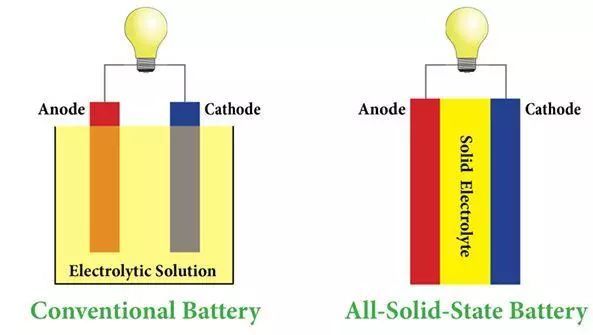
The left side is a traditional liquid battery, and the right side is an all-solid battery
Solid-state batteries refer to energy-storage devices that contain no liquid in the battery structure and all materials exist in solid form, consisting of a "positive electrode material + negative electrode material" and a solid electrolyte. Because the solid-state lithium battery has good safety performance, high energy density and long cycle life, it also has the advantages of strong flexibility, easy recycling, and even can achieve rapid charging. It is an ideal power battery for electric vehicles.
LIBTEC hopes to develop a solid-state battery that will allow the cruising range of electric vehicles to reach 550km by 2025 and reach 800km by 2050.
Affected by global restrictions on environmental protection, pure electric vehicles will officially begin to spread. In the planning of the Ministry of Industry and Information Technology of China, the annual sales volume of new energy vehicles in 2020 will increase from 770,000 units in 2017 to 2 million units, with a total capacity of 5 million vehicles. Japan plans to increase the proportion of new-generation cars in sales of new cars to 20-30% by 2030. It is expected that the market size of batteries for core components of pure electric vehicles will also increase significantly.
According to the technical target set by “Made in China 2025â€, the lithium battery energy density will reach 300Wh/kg in 2020, 400Wh/kg in 2025, and 500Wh/kg in 2030. Obviously, the mid- to long-term development of the new energy automotive industry requires new technology reserves, and all-solid-state lithium batteries are expected to become the leading technology route for the next generation of automotive power batteries.
In this regard, Chen Liquan, an academician of the Chinese Academy of Engineering, once stated clearly: “Energy density must be further increased. We must consider all-solid-state lithium batteries from now on.â€
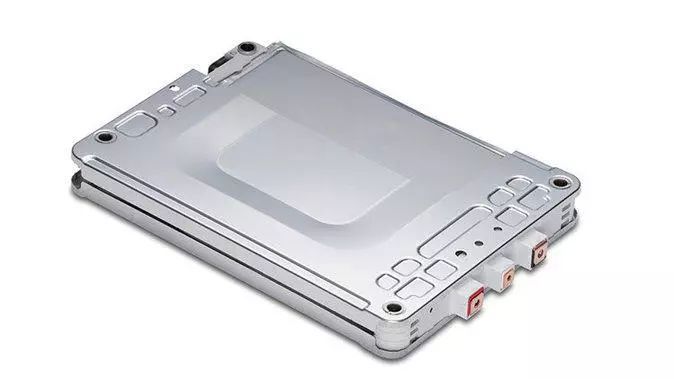
Xiao Qiang, a well-known lithium battery material and industrialization expert pointed out: "The current lithium iron phosphate, ternary lithium ion battery during the discharge process, the battery temperature gradually increased, the absolute safety is difficult to solve by the battery itself, metal lithium solid battery is The ultimate goal of lithium."
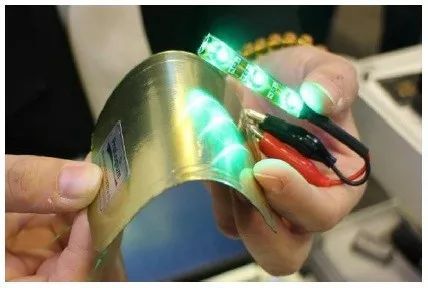
Solid-state batteries use solid-state electrodes and electrolytes. The solid-state materials can replace liquid electrolytes in lithium-ion batteries. This will increase product energy density, reduce weight, improve safety, and shorten charging time. The current energy density of all-solid-state lithium batteries is about 400 Wh/Kg, and the estimated maximum potential value is 900Wh/Kg.
In China, many scientific research institutions and related companies have made great efforts in solid-state batteries, and have achieved some results.
As a science and technology national team, the Chinese Academy of Sciences has also played a leading role in the research and development of solid-state batteries. As early as November 2013, the Chinese Academy of Sciences laid out a strategic pilot project, hoping to research and develop some advanced materials and battery technologies that can be practically applied based on nanotechnology. The goal is 300 Wh/kg. In terms of solid-state battery development, the five R&D teams under the Chinese Academy of Sciences have also made phased progress.
Chinese Academy of Sciences Institute of Chemistry
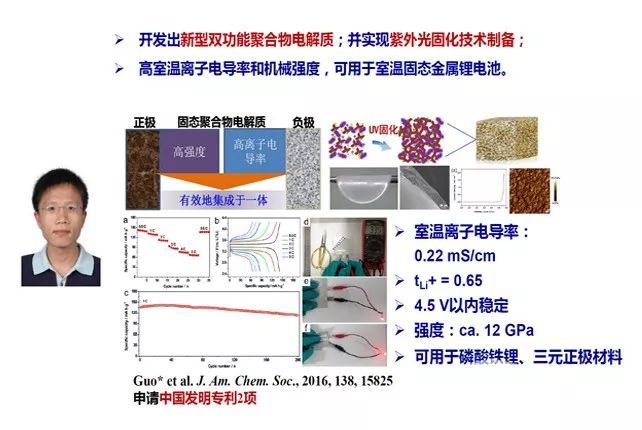
Guo Yuguo's team developed a polyether-acrylate polymer solid electrolyte with an oxidation voltage of 4.5 volts.
Ningbo Institute of Materials, Chinese Academy of Sciences
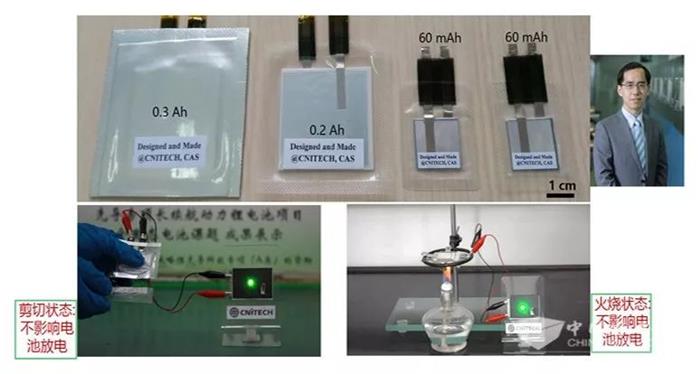
Xu Xiaoxiong's team developed oxides, sulfide solid electrolyte materials, ceramic chips, and all-solid-state batteries. He also collaborated with Yufeng Lithium to try industrialization. At present, the team has taken the lead in developing a series of solid state single-cell batteries with capacities of 0.2Ah to 10Ah. The energy density of 10Ah solid state cells reaches 260Wh/kg, and the capacity retention rate of 1000 cycles is 88%.
Chinese Academy of Sciences Qingdao Bioenergy Institute
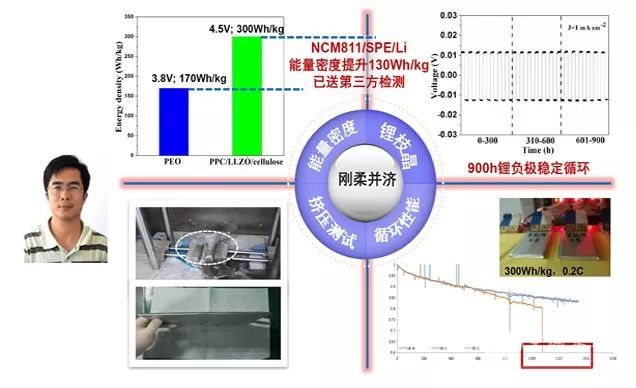
Cui Guanglei team developed polypropylene carbonate, cellulose, lithium lanthanum zirconium oxide composite solid electrolyte, the battery energy density developed reached 300Wh/kg, and completed the first deep sea test in the Mariana Trench.
Shanghai Institute of Ceramics, Chinese Academy of Sciences
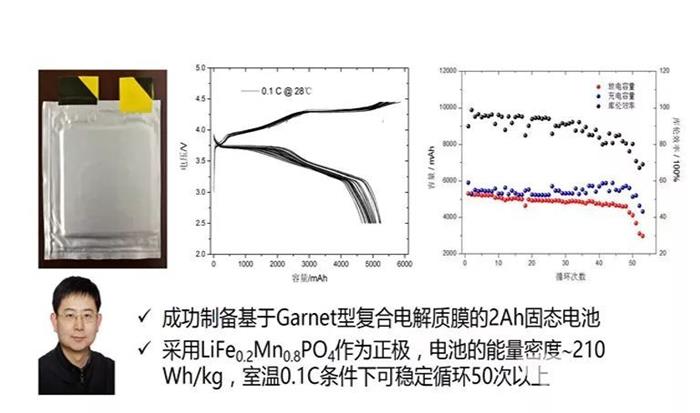
Guo Xiangxin team developed a polyethylene oxide, lithium helium zirconium oxide composite solid electrolyte, and developed a 2Ah solid-state lithium-ion battery.
Institute of Physics, Chinese Academy of Sciences
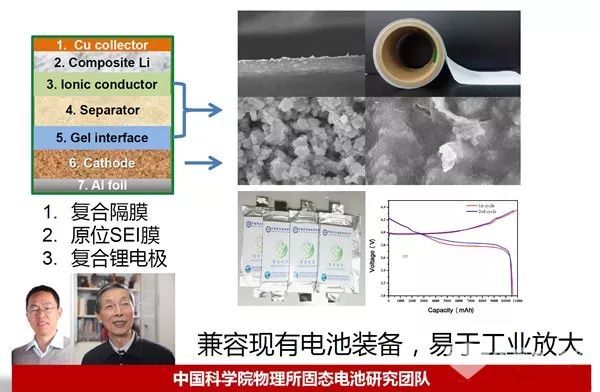
The team developed a 10Ah soft-pack cell with an energy density of 310-390Wh/kg and a volumetric energy density of 800-890Wh/L. The battery can be cycled at room temperature and 90°C.
In addition, the leading battery companies in China have also achieved good results in solid-state battery technology reserve and R&D. Many companies have already launched industry-leading products, but commercialization will take some time.
Wanxiang Group
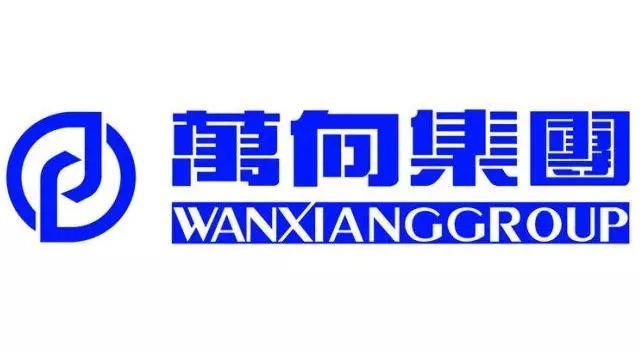
In September 2017, A123 Systems, a subsidiary of Wanxiang, invested in Solid Power, a company that specializes in the development/expansion of competitive solid-state batteries, and has created a capacity 2-3 times higher than conventional lithium-ion batteries. Solid-state battery.
In February 2018, Wanxiang's Solid Power confirmed that it would cooperate with BMW and the two parties will jointly develop a new generation of solid-state battery technology for electric vehicles. According to BMW's statement, a new generation of solid-state battery products will be applied on the BMW xEV series models.
Recently, A123 Systems, a subsidiary of Wanxiang Group, invested in Ionic Materials to expand its competitiveness in the field of solid-state batteries. Ionics has developed a special polymer electrolyte that can increase the safety and performance of new solid-state batteries to a whole new level.
Ningde Times
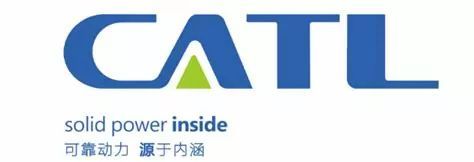
The Ningde era mainly carried out related research and development in the direction of polymer and sulphide-based solid-state batteries, and made initial progress. At the same time, according to the characteristics of the material system and the requirements of large-scale production, the Ningde era developed an all-solid-state battery manufacturing process route. Design and exploration.
For polymer solid-state lithium metal batteries, based on the improvement of the conductivity and processing performance of the battery, the Ningde Times designed and manufactured a polymer battery with a capacity of 325 mAh. The cycle time was more than 300 cycles and the capacity retention rate reached 82%.
In the aspect of sulfide solid-state batteries, Ningde Times improved the interface compatibility between the positive electrode and the solid electrolyte by modifying the surface of the lithium cobalt oxide positive electrode material, and modified the coating process, and developed a mixing process to improve the sulfidic compounds in the air. The stability provides the potential for battery manufacturing cost reduction.
BYD
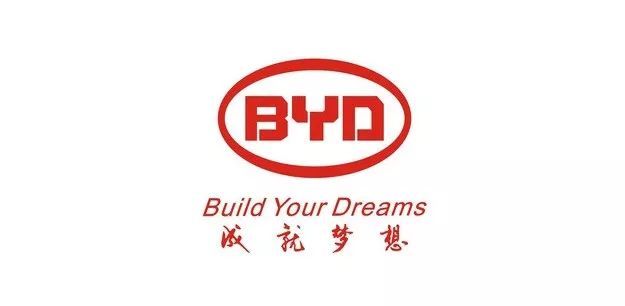
BYD founder Wang Chuanfu decided in the middle of 2016 that solid-state batteries were the keystone for the future development of lithium batteries, and began to lay out related research and development work for solid-state batteries.
Currently, BYD is actively promoting the development and deployment of next-generation lithium batteries, and will focus on solid-state batteries as the next step in research and development, actively promote the industrialization of related products, and determine that this type of product will be provided within the next 10 years as soon as possible.
In August 2017, BYD applied for an invention patent for an all-solid-state lithium-ion battery anode composite and an all-solid-state lithium-ion battery.
In January 2018, BYD stated on the interactive platform that the company is actively promoting the commercialization of solid-state battery projects.
Guoxuan Hi-Tech
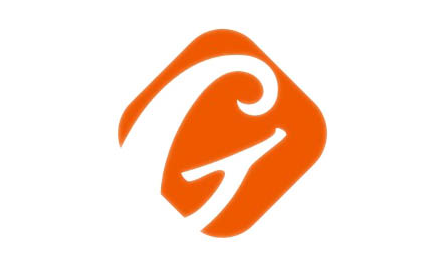
In November 2017, Guoxuan Hi-Tech International stated that it has been developing solid-state batteries and solid-state electrolytes.
In February 2018, Guoxuan Hi-Tech revealed that in accordance with the product requirements for cooperation with international first-line vehicle brands, the company is developing next-generation power battery production technology and production equipment in the United States and Japan respectively, and related products will use semi-solid battery technology.
In March 2018, Guoxuan Hi-tech Co., Ltd. stated that the company's semi-solid-state battery technology is currently in the lab-to-pilot conversion phase.
Yi Feng Lithium
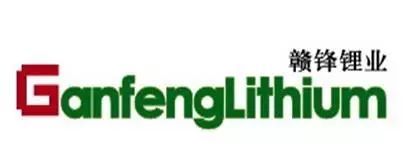
In 2017, Yifeng Lithium officially entered the solid-state battery segment through the introduction of Xu Xiaoxiong's team from the Ningbo Institute of Materials Science. According to statistics, Dr. Xu Xiaoxiong has applied for more than 30 patents (6 international patents and 27 Chinese patents), of which 11 have been authorized.
In December 2017, Suifeng Lithium announced that it plans to invest no more than RMB 250 million to invest in the construction of the first-generation solid-state lithium battery R&D pilot production line, with a scale of over 100 million watt-hours, and a 600 MWh power battery production line in the future. Match the solid-state battery.
In March of 2018, Li-Feng Lithium confirmed that it is conducting extensive testing of solid-state batteries, and set up an R&D center and a pilot production line in Ningbo to accelerate the commercialization of solid-state lithium battery technology.
Yufeng Lithium is planning to mature the first-generation solid-state lithium battery technology by June 2018 and pass third-party certification; to build a first-generation solid-state lithium-battery solid-state lithium battery production line in December 2018, and to achieve sample delivery In December 2019, 300 million yuan of solid-state battery sales were completed, and the second-generation solid-state lithium battery technologies were respectively promoted. Three-generation solid-state lithium batteries completed the feasibility study.
Wei Wei shares
In November 2016, Weiwei held the world's first solid-state lithium battery and fast-charged lithium battery product conference in Shanghai, demonstrating the new product performance.
In April 2018, the solid-state energy storage technology company of Weiwei Longneng, a subsidiary of Qiwei Co., Ltd., was formally put into trial operation. Allegedly, the new lithium-ion battery uses nanotechnology, has a strong energy storage capacity, has a significant advantage in fast charging, longevity, safety and other aspects. It takes only 5 minutes and 40 seconds to complete a single charge and can achieve 20,000 charge and discharge cycles. It is expected that the battery life can be as long as 100 years. After being deeply broken down by three nails, it can still work normally.
Although China’s technological accumulation in solid-state batteries is not as good as foreign companies such as Bolloré in France, Sakti3 in the United States, and Toyota in Japan, China has taken the lead in the world in terms of speed of development and promotion. From the current progress of all parties, whether it is car prices or lithium battery companies, the prospects for solid-state batteries are good, and began to lay out, but in recent years, large-scale mass production is still unrealistic.
In addition to the current maturity of preparation technology of solid-state batteries still needs to be strengthened, companies with limited capacity can be formed, and large-scale production needs to overcome many technical difficulties such as difficulties. The cost of solid electrolytes is also an urgent problem for all parties. From a global perspective, solid-state batteries are still in the period of promotion and development.
From the perspective of the R&D of solid-state batteries, it is necessary to develop all-solid-state lithium metal batteries in the future, and the negative electrodes are all lithium, but there are still great challenges. However, the technology between the solid-state and liquid electrolyte lithium-ion batteries, such as hybrid solid-liquid electrolyte batteries, may increase energy density while taking into account safety, rate characteristics, and cyclicity, and will be commercialized first. With the breakthrough of technology, improvement of various comprehensive technical indicators, and material cost reduction, all solid-state batteries will enter the electric vehicle market on a large scale.
The automotive business commented that Japan’s government and companies’ efforts to develop solid-state batteries are worth learning from, combining the strong R&D capabilities of national research institutes with the actual industrialization needs of the company, with a few more Nicholas Lithium and the Chinese Academy of Sciences in Ningbo. Such cooperation in materials should be able to more quickly productize scientific research results, not only technically but also in terms of scale and cost, to convert advanced technologies into productivity faster, thereby contributing to the healthy and sustainable development of our electric vehicle industry. .
1. Description
Naipu G series Gravel and sand slurry pump is
designed specifically for continuous pumping of extremely aggressive
slurries, with a wide particle size distribution. Capable of handling
large particles at consistently high efficiencies results in low cost of
ownership. The large volume internal profile of the casing reduces
associated velocities further increasing component life.
Typical Applications---
Slag Granulation
Suction Hopper Dredging
Dredging
Barge Loading
Sand Reclamation
Sugar Beet
2. G series gravel and sand Slurry Pump construction drawing
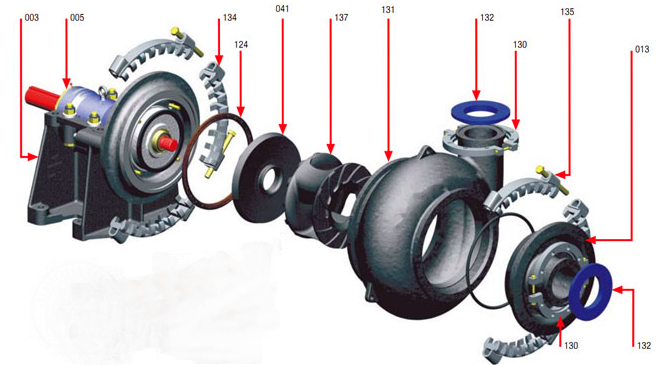
3. G series gravel and sand slurry pump select chart
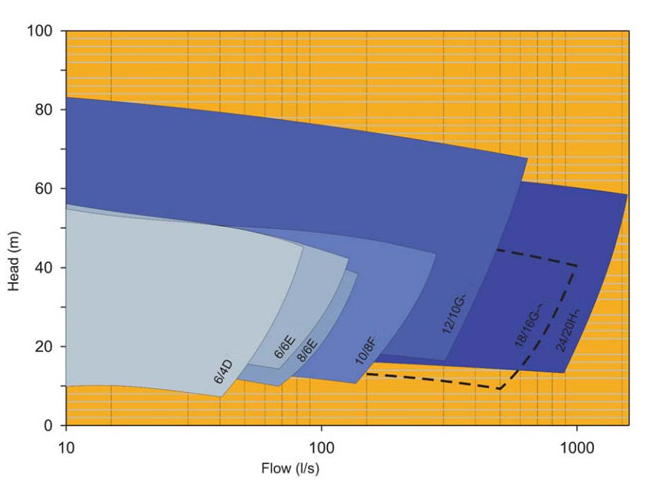
4. G series gravel and sand slurry pump performance parameters

River Sand Pump, Horizontal Gravel Pump, Sand Dredging Pump
Shijiazhuang Naipu Pump Co., Ltd. , https://www.naipu-pump.com